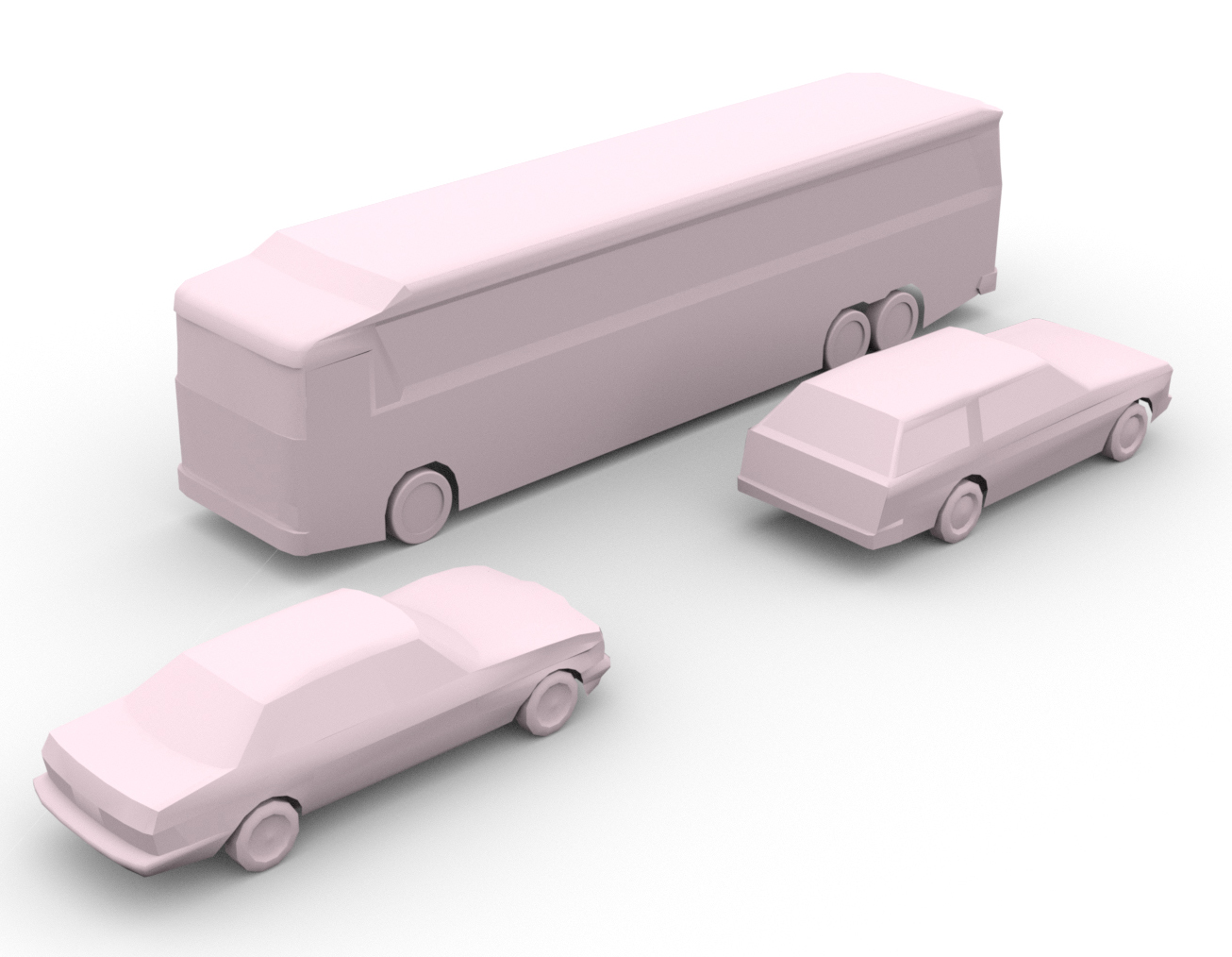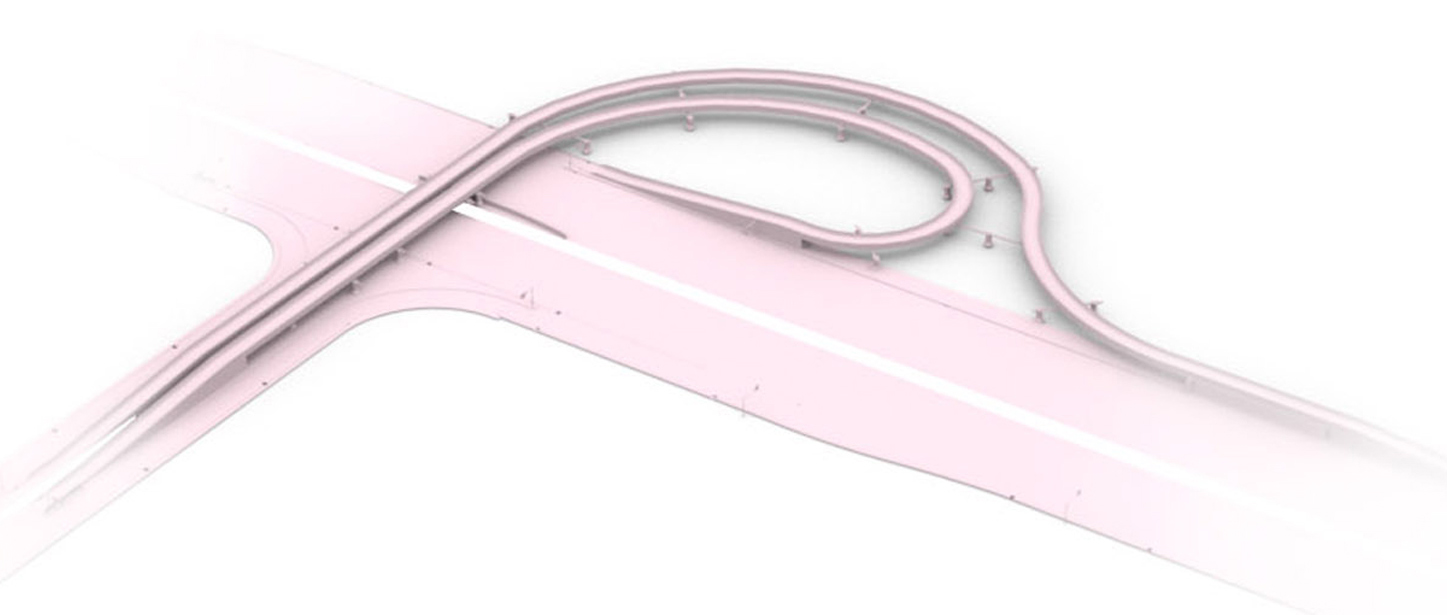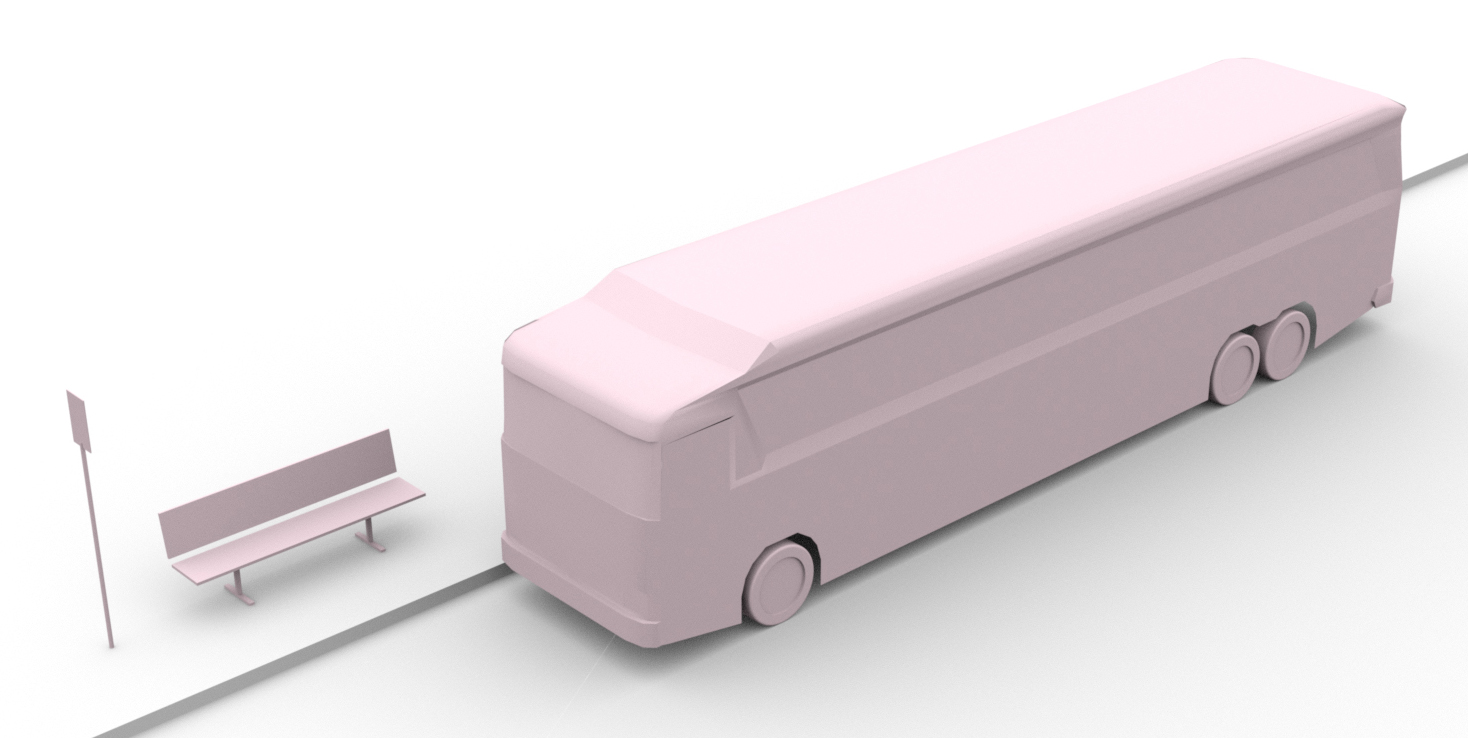Difference between revisions of "Transportation"
| Line 29: | Line 29: | ||
=== Economic === |
=== Economic === |
||
Economics involves production, distribution and consumption of goods and services. People depend upon the natural resources to satisfy the needs of life. However, due to non uniform surface of earth, and due to difference in local resources, there is a lot of difference in standard of living in different societies. So there is an immense requirement of transport of resources from one particular society to another. These resources can range from material things to knowledge and skills like movement of doctors and technicians to the places where there is need of them (NPTEL May 24, 2006). |
|||
=== Mobility === |
=== Mobility === |
||
Revision as of 12:17, 20 February 2013

Transportation means moving objects or people from one location to another.
A transportation facility is an urban object designated to facilitating the movement of people, cattle, animals and goods from one location to another. Transportation is facilitated by transport infrastructure.
Contents
Description
Transportation is divided into private and public transport. An important distinction in the type of transport is mode of transport. In an urban context, the most relevant modes of transport will typically operate under the following transportation objects:
Transport is important since it enables trade between peoples, which in turn establishes civilizations.
Transport plays an important part in economic growth and globalization, but most types cause air pollution and use large amounts of land. Good planning of transport is essential to make traffic flow, and restrain urban sprawl.
However, transportation is generally very vulnerable for security threats. It is an attractive target because of its importance in society and the presence of large amounts of people or crowds.
Functions
Social
Economic
Mobility
Mobility enables transportation. It is obvious that mobility is very important for the daily life of humans and as such, the continuity of the traffic should be guaranteed. Mobility is fundamental to economic and social activities. More information can be found on the mobility page.
Safety
Specific safety issues in transportation objects, concerns traffic safety.
Security Issues
Security issues associated with transportation objects, are related with the fact that it can be an attractive object for fanatics. This is related with the fact that many transportation objects government assets have public access areas with a high volume of transiting people and with the public attention an attack to a public transportation node will draw. Also, transportation nodes are places with crowds and distracted people, often with valuable luggage. This makes these kinds of urban objects vulnerable for the following security issues:
Measures
The measures for each type of security issue can be found on the respective pages. There are few measures they are specifically suited or unsuited to this kind of urban object, but some general considerations can be mentioned:
- Transportation objects in general know a very high transitory flow. This makes entry/exit control of visitors often very difficult or even impossible. Airports, which do feature entrance/exit control, can afford to do so due to the relative long boarding times (hours instead of minutes for a metro or bus), and the relative high travel costs (hundreds of euros instead of a few euros per passenger).
Footnotes and references


